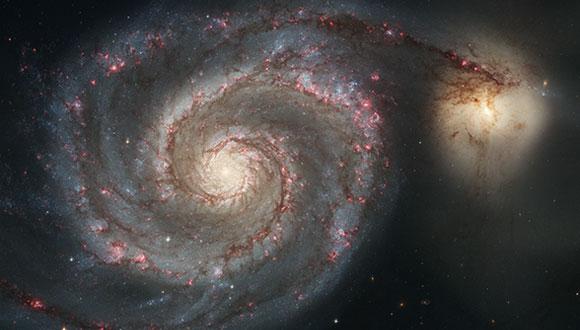Astronomy & Astrophysics Seminar: Systematic Search for Long-Term Transit Duration Changes in Kepler Transiting Planets
Sahar Shahaf, TAU
Zoom: https://us02web.zoom.us/j/84211520648?pwd=dllEbUhBU1VRUDZPL2lWRnhjWEdzZz09
Abstract:
Holczer, Mazeh, et al. (2016) used the Kepler data to compile a transit-timing catalog. For some targets, this catalog also contains the fitted durations of individual transits, which we systematically searched for long-term linear trends. Out of 561 KOIs that we analyzed, 15 showed a statistically significant change in transit duration and additional 16 KOIs were found with duration changes of intermediate significance. The observed linear trend is probably caused by precession of the orbital plane of the transiting planet, induced in most cases by another planet. To first order, the precession rate depends on the mass and relative inclination of the perturber, and on the period ratio between the two orbits, but not on the mass and period of the transiting planet itself. Interestingly, our findings indicate that, as a sample, the detected time derivatives of the durations increase with the planetary orbital period. Protoplanetary disks attain flatness by collisional dissipation, and our findings suggest the planets that either formed or migrated to short periods experienced more dissipation than those at longer periods. This may be another clue to the details of the formation of such systems.
Seminar Organizer: Dr. Iair Arcavi


